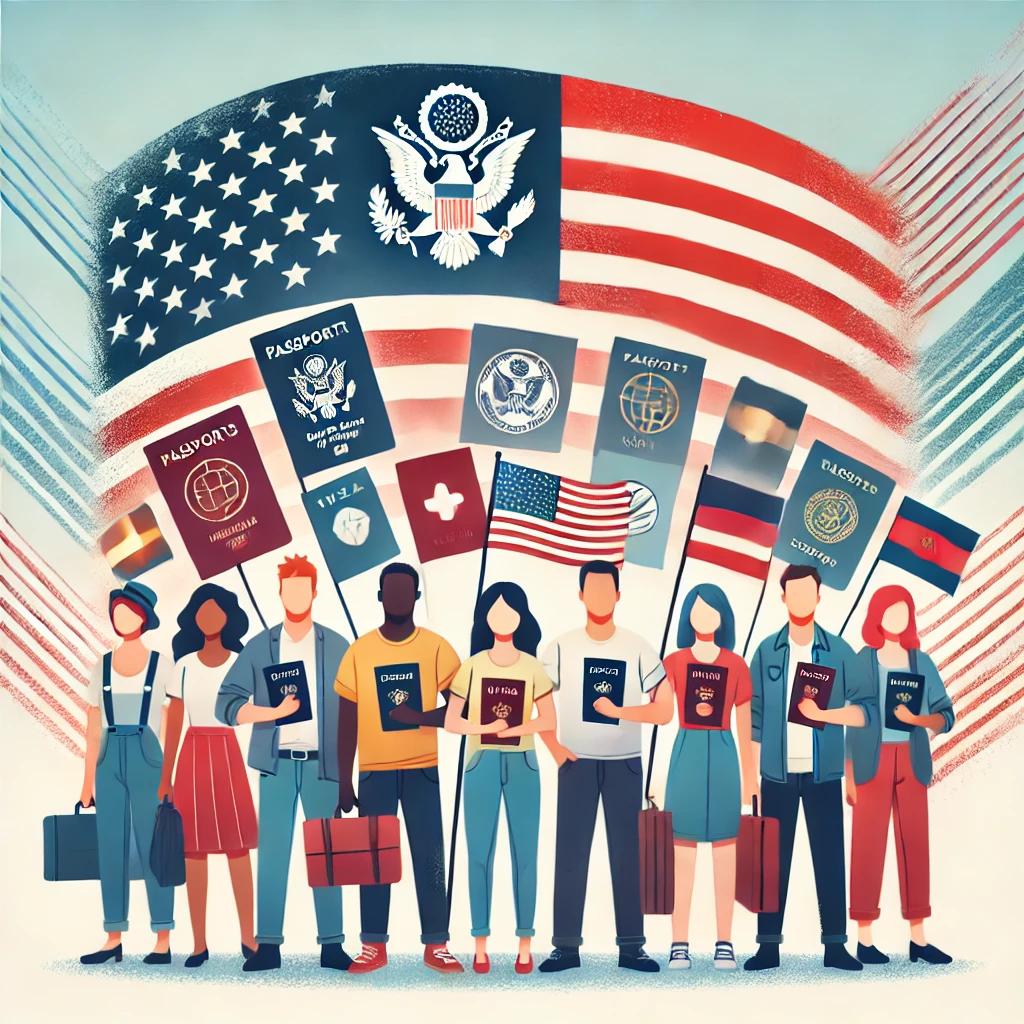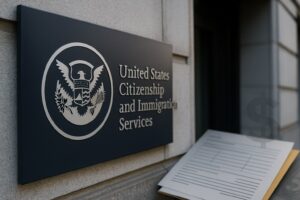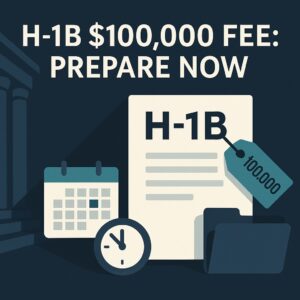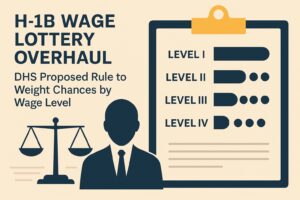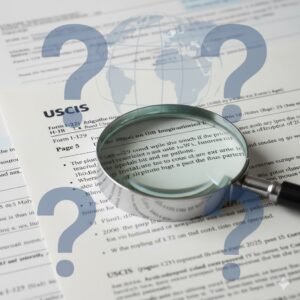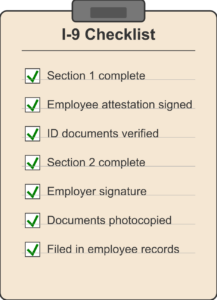Lawful Permanent Residents (LPRs), commonly referred to as green card holders, are individuals who have been granted the right to live and work in the United States permanently. LPR status can be obtained in various ways, including through family-based immigration, employment-based petitions, or by being a refugee or asylee. Additionally, some individuals receive LPR status through special programs like the Diversity Visa Lottery or through other humanitarian programs. While LPRs enjoy many benefits, such as the ability to reside in the U.S. indefinitely and work without restrictions, they are not eligible to vote in federal, state, or local elections and do not possess some of the rights reserved for U.S. citizens.
As election cycles approach, the topic of naturalization often becomes a point of focus for LPRs seeking to fully participate in U.S. democracy. One of the key motivations for many is the right to vote, a privilege reserved exclusively for U.S. citizens. Regardless of how long an individual has held a green card, naturalization is the only path to gaining these rights.
There are many advantages to becoming a U.S. citizen through naturalization. The U.S. Constitution grants specific rights, privileges, and protections exclusively to citizens. These include the ability to vote in federal elections, sponsor family members for U.S. immigration, and qualify for federal jobs or elected offices. U.S. citizens also enjoy the benefits of traveling with a U.S. passport, obtaining citizenship for children born abroad, and receiving U.S. government support and protection while overseas. Legislative changes may affect the scope of these benefits, making it even more critical to secure them through naturalization. Given this broad interest, the following FAQ addresses common questions regarding the naturalization process and its nuances.
Disclaimer: The information provided here is for general purposes and does not constitute legal advice. Each case is unique, and the law may apply differently based on individual circumstances, which should be discussed in a formal legal consultation.
FAQ: Understanding Naturalization and U.S. Citizenship
1. Why is naturalization important, and what does it entail?
Naturalization allows LPRs to become U.S. citizens, offering security and access to rights otherwise unavailable to non-citizens. U.S. citizens gain the right to vote, access federal jobs, and sponsor family members for immigration. They are also protected from deportation and have the privilege of traveling with a U.S. passport. Naturalization provides a safeguard against future policy changes that could affect non-citizens, ensuring that citizenship rights remain secure.
While some applicants may worry about the complexity of the process, preparation plays a key role. For instance, applicants with extensive travel histories, such as an international executive, must carefully document their physical presence in the U.S. to meet the eligibility requirements. Thorough preparation can help ensure the application proceeds smoothly.
2. What are the basic eligibility requirements for naturalization?
Applicants for naturalization must meet several general requirements:
- Age: Must be at least 18 years old at the time of filing.
- Lawful Permanent Resident Status: Must have held a green card for at least five years, or three years if married to a U.S. citizen.
- Continuous Residence: Must have lived continuously in the U.S. for at least five years (or three years for those married to U.S. citizens).
- Physical Presence: Must be physically present in the U.S. for at least 30 months out of the five years before applying (or 18 months out of three for spouses of U.S. citizens).
- Good Moral Character: Applicants must demonstrate good moral character, which includes compliance with the law and financial responsibilities.
- English Proficiency and Civics Test: Applicants must read, write, and speak basic English and pass a civics test covering U.S. history and government.
These requirements form the foundation for filing Form N-400, the application for naturalization.
3. What are the key steps in the naturalization process, and how long does it take?
The naturalization process involves several steps:
- Form N-400 Submission: Applicants submit Form N-400 with supporting documentation, including proof of permanent resident status, and pay the associated fees.
- Biometrics Appointment: After submitting the application, applicants must typically appear at a biometrics appointment to provide fingerprints and photos for background checks.
- Interview and Tests: Applicants then attend an interview at a USCIS office, where a USCIS officer will test them on their knowledge of U.S. civics and their English proficiency.
- Oath of Allegiance: If the application is approved, applicants are invited to a naturalization ceremony to take the Oath of Allegiance, completing the process.
Currently, naturalization processing times range from 6 to 12 months, depending on the caseload at each USCIS office. These times are estimates and can change frequently. Administrative backlogs or policy changes may also extend the processing time in some cases. Applicants should ensure their documentation is complete and accurate to avoid unnecessary delays.
4. How do background checks and adjudication standards affect the process?
All naturalization applicants undergo comprehensive background checks, including fingerprinting and FBI screenings. Even minor legal infractions, such as traffic violations, can trigger additional scrutiny, so full disclosure is essential. Failing to provide accurate information can result in delays or, in some cases, a denial of the application.
Adjudication standards can also vary depending on the political environment. Certain administrations may emphasize national security and conduct more invasive background checks, while others may focus on immigration enforcement. For example, applicants with past immigration violations or complex tax situations may face longer processing times, requiring additional documentation as evidence of their eligibility. Preparation is critical, especially for those with prior legal issues or complicated travel histories.
5. What happens during the Oath of Allegiance ceremony?
The Oath of Allegiance is the final step in the naturalization process, and it formalizes the applicant’s commitment to the United States. Applicants who pass their interview and tests are eligible to attend the ceremony, where they pledge to:
- Support and defend the U.S. Constitution: This commitment includes upholding the laws and principles of the country.
- Renounce prior allegiances: Applicants formally renounce any allegiance to foreign nations (though dual citizenship may be permitted, depending on the applicant’s country of origin).
- Bear arms or perform noncombatant work if required by law: Applicants agree to serve in the U.S. military or perform other national service in times of need, though there are exemptions for religious or ethical reasons.
This ceremony marks the moment when applicants officially become U.S. citizens, fully embracing the rights and responsibilities that come with citizenship.
6. What can cause delays in the naturalization process?
Several factors can lead to delays in the naturalization process, including:
- Incomplete or incorrect documentation: Missing or inaccurate paperwork can result in requests for additional evidence, which prolongs processing.
- Background check issues: Minor legal infractions or discrepancies in travel histories can lead to further scrutiny and require additional documentation.
- International travel: Extensive travel outside the U.S. can complicate the continuous residence requirement. Applicants should provide thorough records of their trips to demonstrate their physical presence in the U.S. For instance, applicants who traveled abroad during the COVID pandemic often faced naturalization delays or denials if they were unable to demonstrate that they were domiciled in the U.S. before and even during their absence.
Proper preparation and transparency are essential to avoid delays, including becoming familiar with the questions on the civics test. Applicants should ensure their documentation is accurate and complete before submitting their application.
7. What should applicants do if their naturalization application is denied?
If a naturalization application is denied, USCIS will provide a notice outlining the reasons for the decision. Common reasons for denial include failure to meet continuous residence or physical presence requirements, issues with good moral character, or failing the English or civics test. Applicants have the option to appeal the decision or reapply after addressing the reasons for the denial.
Disclaimer: This FAQ provides general information and is not intended as legal advice. Each naturalization case is unique, and formal legal consultation is essential to determine how the law applies to YOUR individual circumstances.










